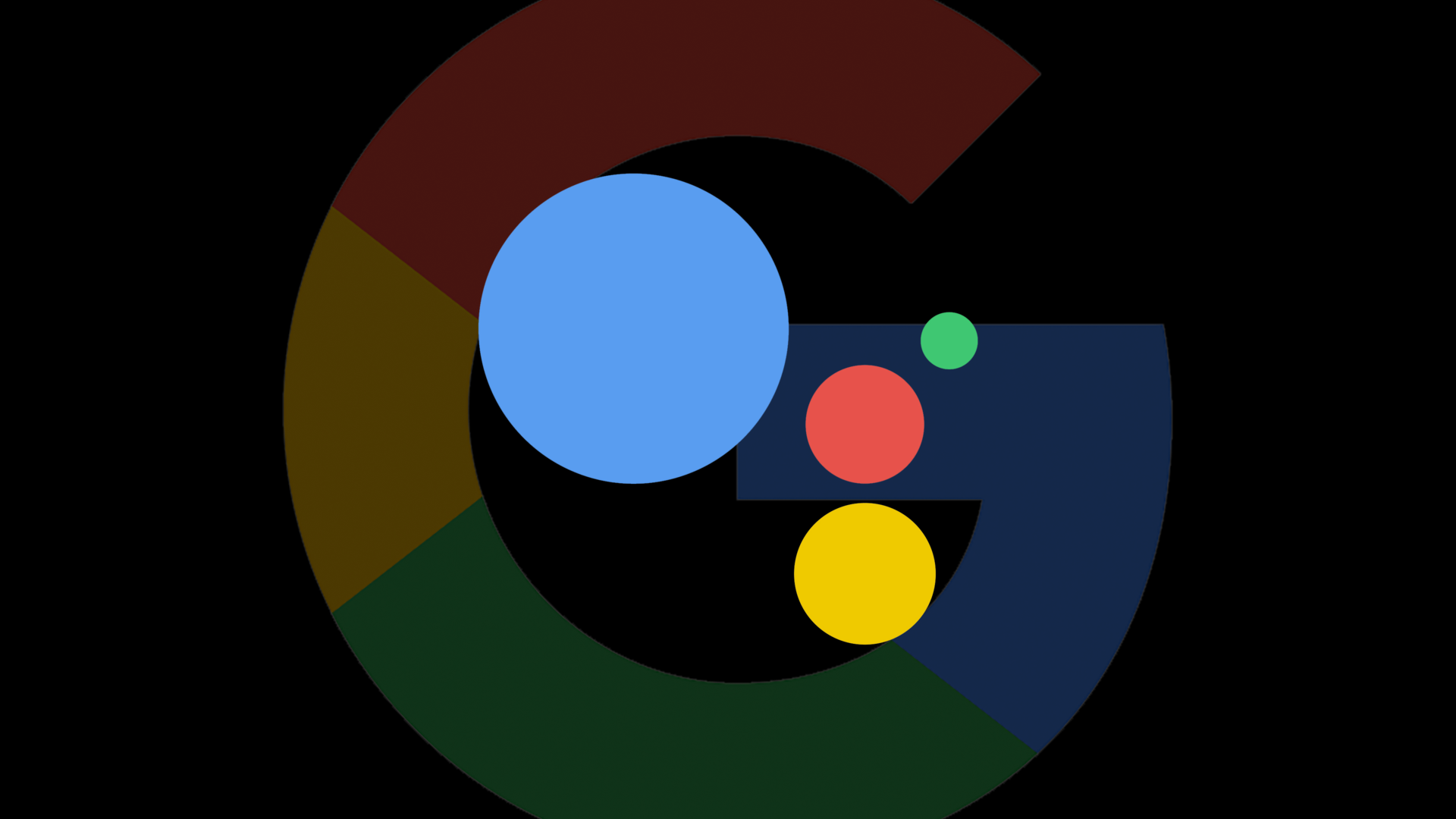When Google announced that campaign daily budgets could spend up to double their setting, some shrugged and others thought it could cause real problems. A few weeks ago, I asked people on Twitter if they had been impacted by the change and checked in with others who said they’d had issues.
It was a mixed bag. Many have had no issues at all. Others, well, it hasn’t been all roses. Here’s what I heard.
First, some of the good to neutral responses.
“Just like the previous 20 percent incarnation, this has produced no issues (210 accounts in our MCC). It all evens out just fine,” said Brett Dixon, director of DPOM. His agency hasn’t seen any negative impact from the change. Dixon added that some accounts use third-party bid and budget management tools “so that may help with pacing,” but overall he has seen no problems.
Giacomo Iotti says the couple of budget overspends he’s seen in accounts yielded good returns, which of course is the ultimate good.
Nils Rooijmans said he has seen 200 percent daily budget overspends, particularly the first week of the month. He and others, including digital marketing consultant Duane Brown, said they rely on an AdWords script to monitor daily budget overages.
Now for the neutral to bad end of the spectrum.
Digital marketers Garrett McGregor and Robert Brady said the change has meant having to spend more time monitoring budget pacing.
James Svoboda, CEO of WebRanking, said a new, unproven campaign launched on the seventh day of the month spent 2x the daily budget in each of the first three days it ran. The overspend did not yield a positive return on ad spend. His AdWords rep indicated she had heard similar complaints from several other advertisers. The recommendation he received was to reduce the daily budget by half initially so that the 2x spend limit would be the actual budget limit he’d wanted to set originally.
Melissa Mackey, search supervisor at Gyro, saw something similar with a new campaign launch. The campaign spent its budget very, very quickly, before the agency’s bid management platform Acquisio, which checks spend every 30 minutes, could throttle the spend. Mackey says the entire monthly budget was gone in the first day — in what appeared to have been just a couple of hours. (Google has said it’s impossible for a campaign to spend its entire monthly budget in the first half of the month.) Once the campaign gained some history after a couple of days, it began spending normally, says Mackey, but she wonders what would happen if they weren’t using a bid management system, “We’d be getting killed in many of our campaigns where CPCs are really high.”
[pullquote]”Maybe there’s a reason they still have steering wheels in self-driving cars.”[/pullquote]
Speaking of really high CPCs, Aaron Levy, senior team lead at Elite SEM, shared this screen shot on Twitter showing the daily performance of a Smart Display campaign.
 The campaign spent nearly twice the daily budget of $160 with just four clicks averaging $78.09 each. Not the performance they were looking for with a CPA target of $100.
The campaign spent nearly twice the daily budget of $160 with just four clicks averaging $78.09 each. Not the performance they were looking for with a CPA target of $100.
Levy says nearly all of the problems related to this change that he’s dealt with have been with smart or automated campaigns. “Maybe there’s a reason they still have steering wheels in self-driving cars,” he quipped.
Evan Levy, director of advertising at Method Savvy, says his team routinely adjusts daily budgets and finds the monthly budget balancing useless. “The idea that a high-touch, high-performance account could have lots of campaigns where the budget is set once for a whole month just doesn’t work in my world.”
For example, he says, one e-commerce client gets much better ROI on the weekends. The team lowers the budgets during the weekdays to ensure that if there happens to be a jump in spend activity, “we don’t go too far over and then have to cut the weekend short because we wasted spend during the week.”
Levy added, “[T]he help documentation Google published after the change offers advertisers very little to avoid the negative impacts of the new rules, and has not been updated since.”
My first thought was that Google would recommend Levy set a monthly budget and let the algorithm figure out the weekday/weekend adjustments based on performance. But from what I’ve gathered, people largely haven’t received suggestions that go beyond the FAQ Google put out after the announcement, and that is short on specifics.
Emma Franks, account manager at Hanapin Marketing, brought up another concern related to smart bidding automation. She says it’s harder to determine whether to use Target CPA or Maximize Conversions smart bidding strategies, for example, when fewer campaigns are “limited by budget.” Franks’s Google rep said that because Maximize Conversions is designed to spend the entire daily budget, it “chases costlier conversions” — raising CPCs — until the daily limit is expended. With the 2x overage factored in, that could have a negative impact on ROAS.
My main takeaway from talking to people about this change is that the machine learning isn’t all that sophisticated yet.
Other takeaways:
- The biggest vulnerability is with new campaigns.
- Be on alert when using other automation.
- Tools like scripts and bid management platforms can help keep things in check.
- Plenty of people have had no problems with the change.
[newsletter-form id=’6741’ text=’Need to keep up with PPC tips, trends and tactics? Sign up for our newsletter below!’]
Contributing authors are invited to create content for Search Engine Land and are chosen for their expertise and contribution to the search community. Our contributors work under the oversight of the editorial staff and contributions are checked for quality and relevance to our readers. The opinions they express are their own.




